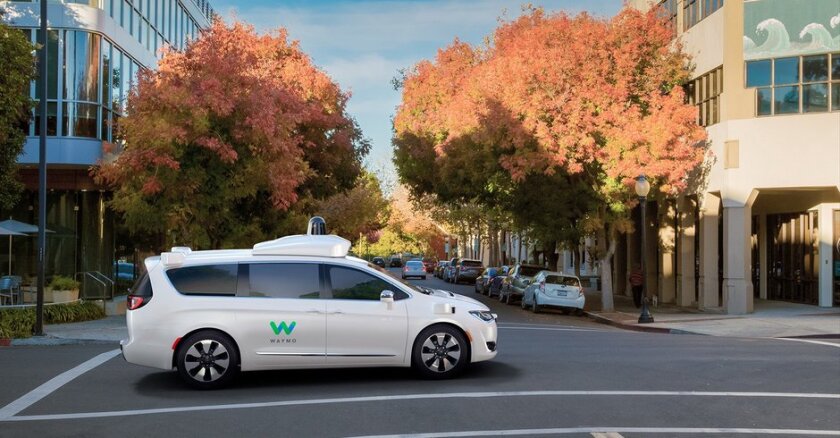Earlier in the week, state Sen. Dave Cortese, D-San Jose, withdrew a bill that would have given cities the power to regulate the operations of autonomous vehicles within their boundaries. Cortese said he shelved the bill, which had a scheduled hearing Monday in the Assembly Transportation Committee, because the committee wanted to strip "the bill's essential element of local control."
The regulatory battles at the PUC and in the state Legislature reflect the ongoing tension between AV companies and California cities since Waymo and Cruise's commercial deployment in San Francisco.
Alphabet's Waymo and General Motors' Cruise became the first companies to launch paid driverless ride-hailing services in the state after winning the PUC's approval last August.
While the Department of Motor Vehicles, another key regulator for driverless cars, allows dozens of companies to test their technology in the state, Waymo is currently the sole company deploying robotaxis for paid ride-hailing. Cruise remains suspended after one of its robotaxis ran over and dragged a jaywalking San Francisco pedestrian after she was struck by a human hit-and-run driver last October.
Local officials over the past year have tried, unsuccessfully, to wrest some regulatory power from the PUC and DMV. These officials say that the current processes give them little input over how AV companies deploy self-driving cars on their public roads.
Senate Bill 915 would have given cities the authority to place restrictions on how many robotaxis companies are allowed to operate, as well as where and what times they could charge for driverless rides.
Jeff Farrah, CEO of the Autonomous Vehicle Industry Association, said the bill would have made it difficult for AV companies to operate in the state by potentially requiring them to abide by rules that differ, even among adjacent cities.
"Cities are critical partners for AV companies, and the AV industry remains committed to fostering close and collaborative relationships with city officials and local law enforcement to ensure the technology's benefits become a reality," Farrah said in a statement.
The battle over autonomous vehicles is not over. A lawsuit by San Francisco City Attorney David Chiu to overturn state regulators' approval of Waymo and Cruise's commercial deployment awaits a decision from the Court of Appeal.
Cortese said he plans to reintroduce his AV local control bill next year.
"I hope that, in the meantime, our communities do not suffer too much in terms of injuries and community damages due to the current regulatory gaps," Cortese said in a statement.
San Mateo Supervisor David Canepa said he was "disappointed" by the shelving of SB915 and the PUC's latest decision. Waymo announced in May that it would soon start testing fully driverless rides with employees in Peninsula cities.
Waymo has not said when it would launch commercial operations in San Mateo County. Canepa said county officials "have not heard a peep from Waymo" on the company plans.
"That's why SB915 is so important — that forces them to the table to talk with us," Canepa said. "Right now, they don't. They really don't have to if they don't want to. And that's not the spirit of a good neighbor."
© 2024 the San Francisco Chronicle. Distributed by Tribune Content Agency, LLC.








